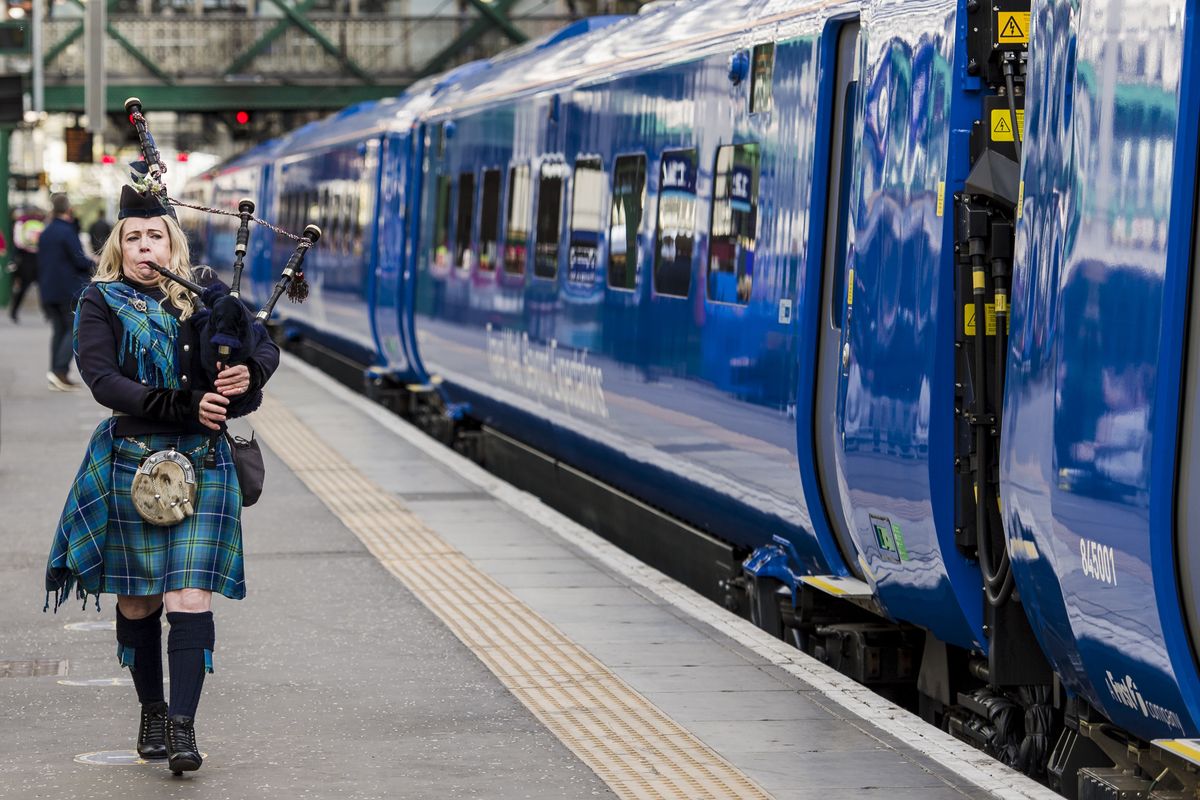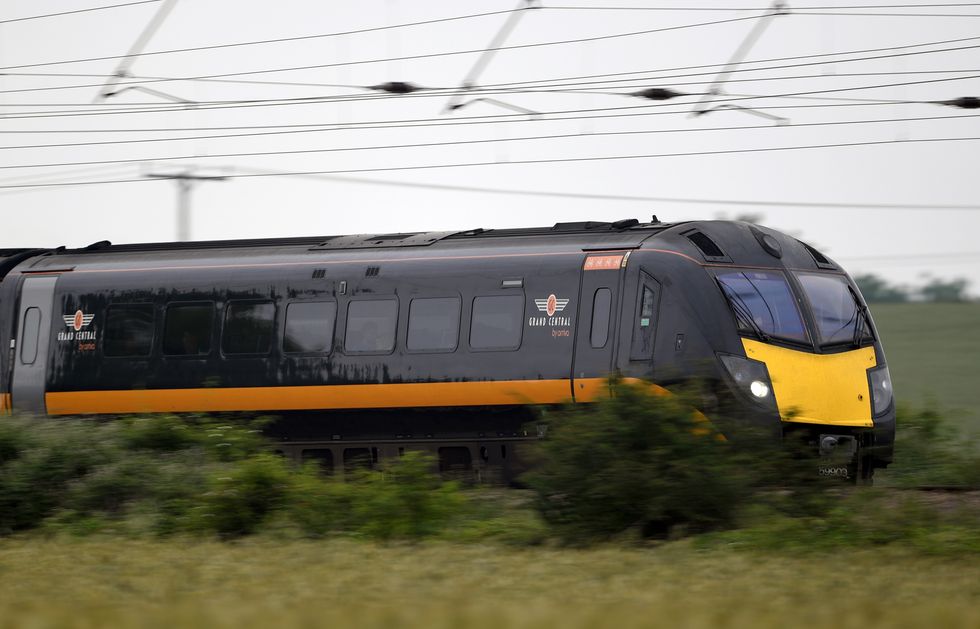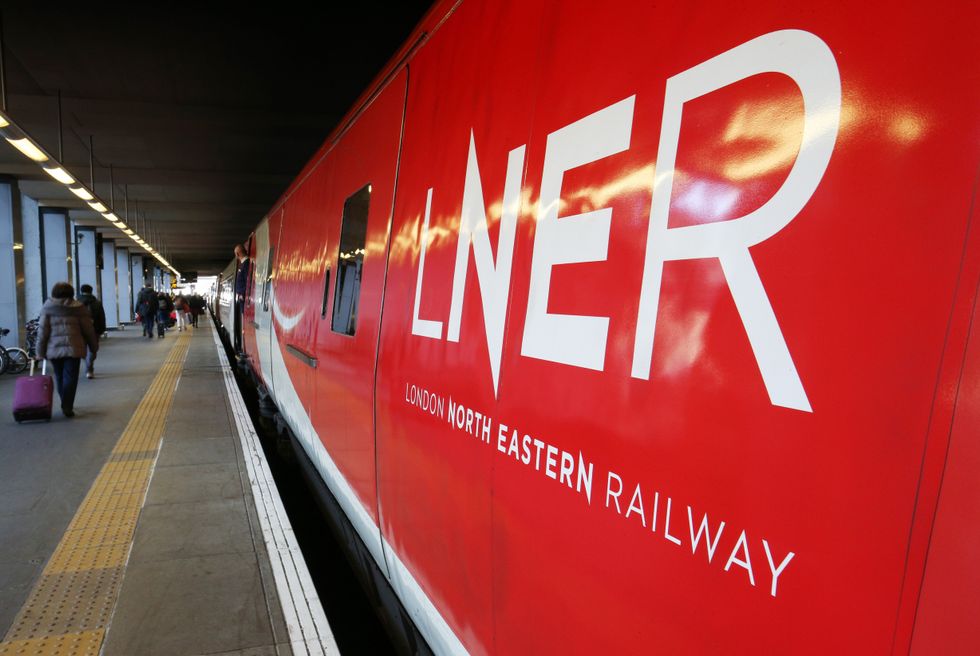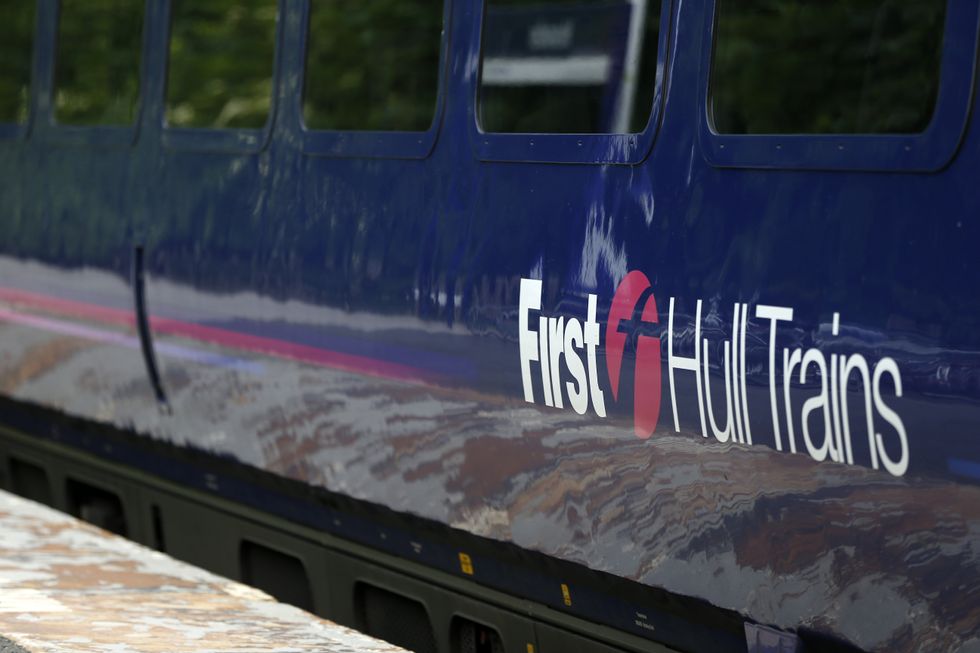
Allowing firms to compete on the same lines could create a competitiveness that rewards consumers with lower prices, says a leading rail body.
Rail Partners, which represents a range of private rails firms, has recommended embracing open access operators to combat soaring rail fares.
The industry body suggests that allowing open access operators onto rail lines alongside franchise operators could bring about a 15 to 50 per cent reduction in ticket prices.
Should an open access operator be granted permission by the Office of Road and Rail, it can compete directly with the main operator on the line.

In their Track to Growth report, Rail Partners looks towards the steady increase of open access across Europe for inspiration and proof of success.
According to the industry body, rail fares in Spain fell between 50 and 59 per cent on competed routes.
Likewise, the introduction of on-rail competition in Austria is said to have cut fares by 50 per cent on services between Salzburg and Vienna.
Where open access operators do not require the government subsidy that franchises take up, the report suggests that embracing open access operators could reduce the level of subsidy needed on the railways by 50 per cent.

Rail Partners claims this would be combined with a 60 per cent increase in the number of services.
Earlier this year Transport Secretary Mark Harper endorsed the idea of open access operators.
Addressing the annual George Bradshaw Address, Harper said: “Open access operators will play an important role in the industry’s future, especially as we grow new markets.”
The three approved open access operators are currently all confined to the East Coast Main Line, competing directly with government-run London North Eastern Railway (LNER).
TRAINS IN FOCUS:
- Rail ticket offices to shut en masse in next three years with fears of 'detrimental impact'
- Rail strikes to wreak havoc for cricket fans as 20,000 workers walk out during two Ashes tests
- Penalty fare for travelling ticketless on trains rises by EIGHTY POUNDS

Of these three, Grand Central runs services between Yorkshire, the North East, and London, while Hull Trains operates a service exclusively between the capital and Hull.
The third operator, Lumo, is charging low fares for its route between London and Edinburgh Waverly, coming in as low as £19.99 for a return ticket.
Nick Clarke, head of commercial at Arriva public transport company, said open access is both cutting prices for customers, and pressuring franchise operators such as LNER to provide a better customer experience.
On the growing passenger numbers for Grand Central and Hull Trains, Clarke said: “That is testament to the fact that open access provides competition and if we come up with competitive prices, LNER have to respond."
Recent figures show that cancellations on Lumo and Hull Trains were at the lower end of the industry average, although Grand Central was higher.
from GB News https://ift.tt/75Lzumb

Allowing firms to compete on the same lines could create a competitiveness that rewards consumers with lower prices, says a leading rail body.
Rail Partners, which represents a range of private rails firms, has recommended embracing open access operators to combat soaring rail fares.
The industry body suggests that allowing open access operators onto rail lines alongside franchise operators could bring about a 15 to 50 per cent reduction in ticket prices.
Should an open access operator be granted permission by the Office of Road and Rail, it can compete directly with the main operator on the line.

In their Track to Growth report, Rail Partners looks towards the steady increase of open access across Europe for inspiration and proof of success.
According to the industry body, rail fares in Spain fell between 50 and 59 per cent on competed routes.
Likewise, the introduction of on-rail competition in Austria is said to have cut fares by 50 per cent on services between Salzburg and Vienna.
Where open access operators do not require the government subsidy that franchises take up, the report suggests that embracing open access operators could reduce the level of subsidy needed on the railways by 50 per cent.

Rail Partners claims this would be combined with a 60 per cent increase in the number of services.
Earlier this year Transport Secretary Mark Harper endorsed the idea of open access operators.
Addressing the annual George Bradshaw Address, Harper said: “Open access operators will play an important role in the industry’s future, especially as we grow new markets.”
The three approved open access operators are currently all confined to the East Coast Main Line, competing directly with government-run London North Eastern Railway (LNER).
TRAINS IN FOCUS:
- Rail ticket offices to shut en masse in next three years with fears of 'detrimental impact'
- Rail strikes to wreak havoc for cricket fans as 20,000 workers walk out during two Ashes tests
- Penalty fare for travelling ticketless on trains rises by EIGHTY POUNDS

Of these three, Grand Central runs services between Yorkshire, the North East, and London, while Hull Trains operates a service exclusively between the capital and Hull.
The third operator, Lumo, is charging low fares for its route between London and Edinburgh Waverly, coming in as low as £19.99 for a return ticket.
Nick Clarke, head of commercial at Arriva public transport company, said open access is both cutting prices for customers, and pressuring franchise operators such as LNER to provide a better customer experience.
On the growing passenger numbers for Grand Central and Hull Trains, Clarke said: “That is testament to the fact that open access provides competition and if we come up with competitive prices, LNER have to respond."
Recent figures show that cancellations on Lumo and Hull Trains were at the lower end of the industry average, although Grand Central was higher.



0 Comments
Don't share any link